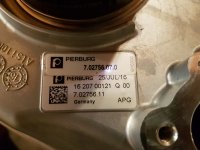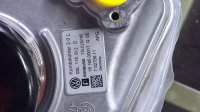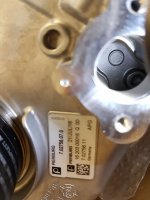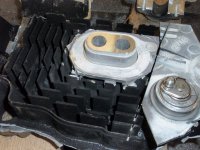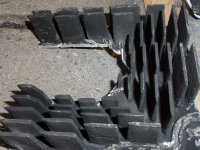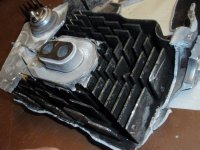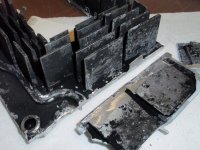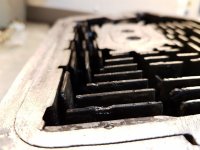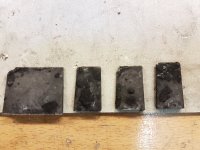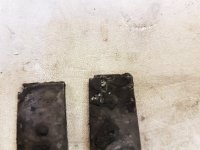T6 CFO
Mike
Top Poster
I remember that thread and as a result downloaded the POI files for shell service stations and only use Shell.We have a 2014 180 4 Motion so I'm mildly interested in this situation.
One thing I have mentioned before is the use of cheap supermarket fuel. I'm fully aware that all fuel has to conform to certain minimum standards but there is no doubt that whilst it may make no noticable difference to the way the engine runs it will most certainly make a difference to its longevity including associated components like EGRs.
Before having Californias we had Mazda Bongos, all diesels and whilst the Bongo engine is old design compared to the Calis the principle is the same with the EGR. If we ever used cheap fuel the EGR would throw a wobbler and the van would go into limp mode. A tankful of branded fuel always cured it. I don't understand how anyone spends upwards of £50k and then won't spend a few more pence on decent fuel which will clean the engine more efficiently.
We are now on our seventh VW diesel and have always had the oil changed yearly at least, depending on the mileage, never had a problem with some of them doing 150k and still going like a train.
IMO long term servicing is just asking for trouble.

I've got two free services as part of a goodwill gesture so as my Cali is currently telling me this:-
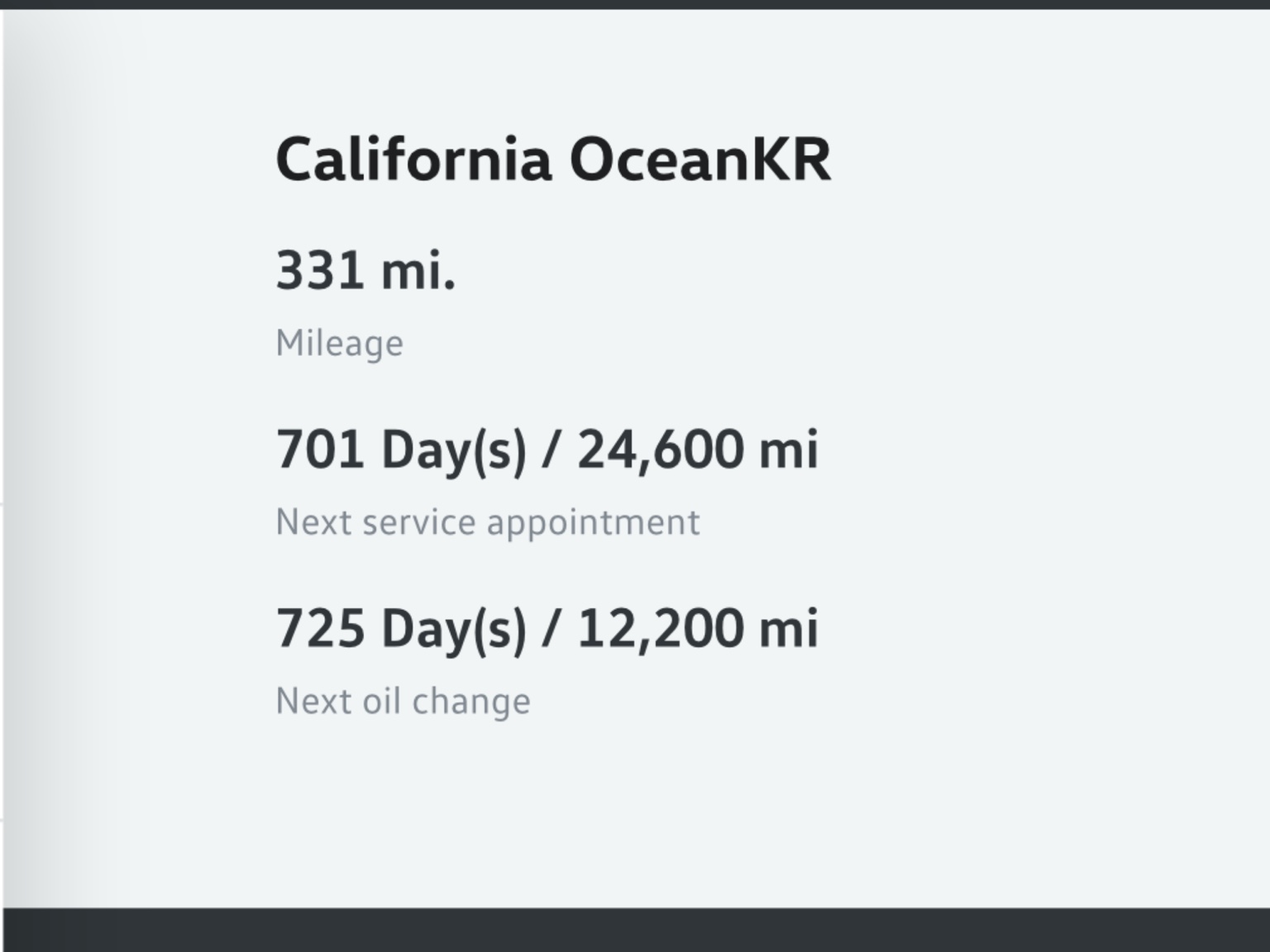
I may well get just an interim oil and filter change done outside of the free ones.
Mike



